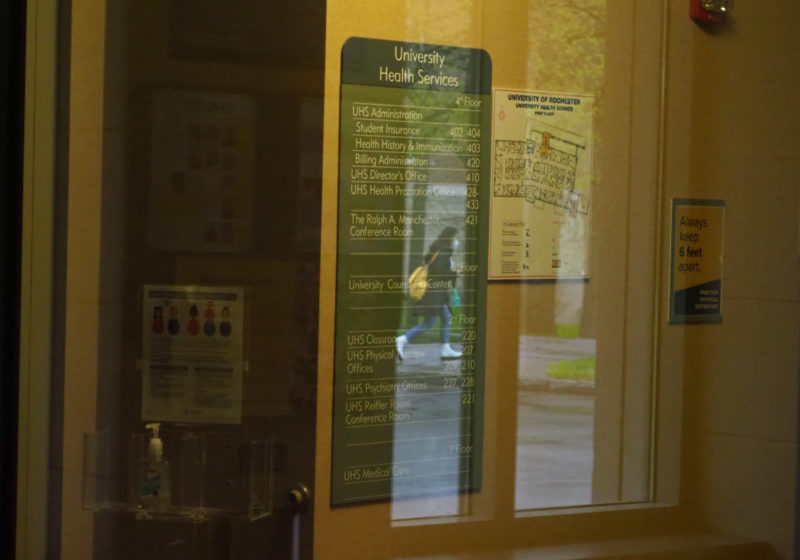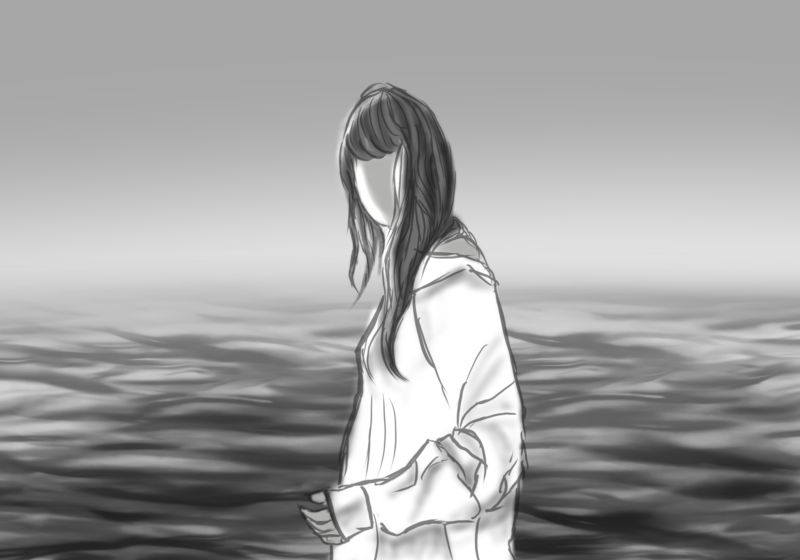Conversations about mental health have sprung up within the Rochester community, inspired by cruel incidences such as the murder of Daniel Prude. Similarly, the UR community has been significantly impacted by recent events surrounding mental health.
There are many resources for UR students, both remote and on-campus, although most have been entirely online due to the pandemic. Resources that support students who are struggling include the University Counseling Center (UCC), the UR CARE Network, UR Connected, the Health Promotion Office, and many more. Because of the critical nature of the pandemic and social justice issues that have occurred throughout the year, students have felt it important to review mental health advocacy for the Spring 2021 semester, and how it will continue for the upcoming in-person Fall 2021 semester.
UR Connected coach and first-year Karenrose Kamala shared her thoughts on how the surrounding community impacts the institution’s approach to mental health: “UR tends to forget that they’re part of the Rochester community as a whole, and there’s definitely a responsibility to play their part, especially when people’s health is on the line. As for improvements, I think UR just needs to be more cognizant of their impact, and they also need to more actively listen to students.”
CARE Network Associate Director Kaitlin Legg told the Campus Times in an interview that as a part of their service, the CARE Network works with students to “better understand what resources work for the [student’s] situation.” If a student doesn’t feel comfortable with an institutional resource, UCC or the CARE Network can direct them towards off-campus resources.
Senior Antoinette Nguyen, a core leader of the UR Abolition Coalition (URAC), agreed that students may feel uncomfortable with institutional resources because they “are made by people of higher power,” which makes students worry: “Is that really a safe space?”
Likewise, it can be a challenge to analyze how students have grown through mental health programs without direct feedback.
Associate Director for University Health Promotion Amy McDonald recognized the difficulty of evaluating the success of these programs. Despite the challenge, she says that UHS “creates measurable objectives ahead of time, and then has an evaluation afterwards and is able to track if we met those objectives.”
According to Nguyen, race also plays a role in making mental health advocacy on campus more difficult. “Mental health is a very white concept in everybody’s head,” she said. “Some are allowed to have mental health problems, and some are not, because of all these other structures that exist.”
“Especially as an Asian person, my family has so many taboos around therapy and mental health resources. They’re refugees, so they’re like, ‘There’s bigger problems,’ and I think that’s a very pervasive thought in a lot of communities of color and ethnically non-white communities. So deconstructing that is something that I want to dedicate my life to,” Nguyen continued.
There are diverse on-campus spaces for students of color, first-generation/low-income students, LGBTQ+ students, and students with disabilities. These spaces include the Kearns Center, the Womanist Club, and the Black Student Union, but Nguyen wishes that those spaces had more funding from the University.
Similarly, Kamala said that it’s the student coaches that makes UR Connected more approachable. “Sometimes you just need someone who can kind of relate more closely. I know a lot of the feedback we get, people mention that talking to coaches can feel like talking to a friend.”
Still, students like Nguyen have concerns for how the University is supporting student mental health advocates.
“We are creating space. We are carving out space to heal for specific racialized events, which I think is really good,” Nguyen said. “I just wish that the University gave more support, instead of always having it all on the students.”






